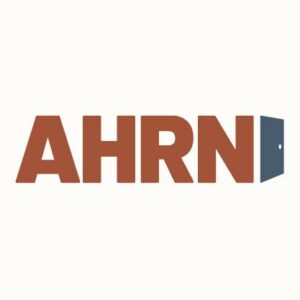As summer ends and the weather grows colder, now is the time to start preparing your property for the winter months. Depending upon where your property is located, regional climate differences influence required maintenance. Below is a list of general maintenance items that will help you prepare for the winter months and prevent costly damage.
Outside
Gutters and Downspouts
- Clean gutters and downspouts to prevent a build-up of leaves and other debris. Gutters clogged with leaves, branches, etc. can lead to numerous problems including wood rot, pest infestations, and ultimately ruined gutters.
- Make sure downspouts are securely fastened and are draining away from the building. In cold climate areas pooling water can cause any number of problems.
Windows and Doors
- Change summer screens to weather storm windows and doors.
- Inspect and repair any loose or damaged window or door frames.
- Install weather stripping or caulking around windows and doors to prevent drafts.
- Inspect widow and door frames for peeling paint. Be sure to repair any peeling or bare wood.
Landscape and Yardwork
- While Although grass appears to stop growing in the fall, the roots are growing deeper to prepare for winter. Now is the best time to fertilize and reseed the lawn.
- Prune trees and shrubs after the leaves turn to promote healthy growth.
- Trim any tree limbs that are close to power lines or the roof of the house.
Inside
Heating System
- Replace the furnace filter.
- Consider having a heating professional check the heating system to ensure optimal performance and discover any problems before it turns into an emergency.
- Clean the ducts to increase the heating system’s efficiency as well as reduce household dust.
Plumbing
- In cold-weather climates turn off outside water faucets to prevent freezing.
- Ensure that any pipes subject to cold air are well insulated to prevent pipes freezing and bursting.
- Locate and know how to turn off the water shut-off valve in case the pipes do freeze.
Chimney and Fireplace
- Call a professional in to inspect and clean the chimney. Fireplaces that are regularly used during the season should have an annual cleaning to prevent dangerous chimney fires.
- Test the fireplace flue for a tight seal when closed to minimize heat loss.
Attic ventilation
- Be sure attic insulation doesn’t cover vents in the eaves to prevent winter ice dams on the roof.
- Be sure ridge vents and vents at eaves are free of leaves and debris.
- Check bird and rodent screens/vents to keep out unwanted winter guests.
Fall is also a good time to replace batteries in your indoor smoke and CO2 alarms!

